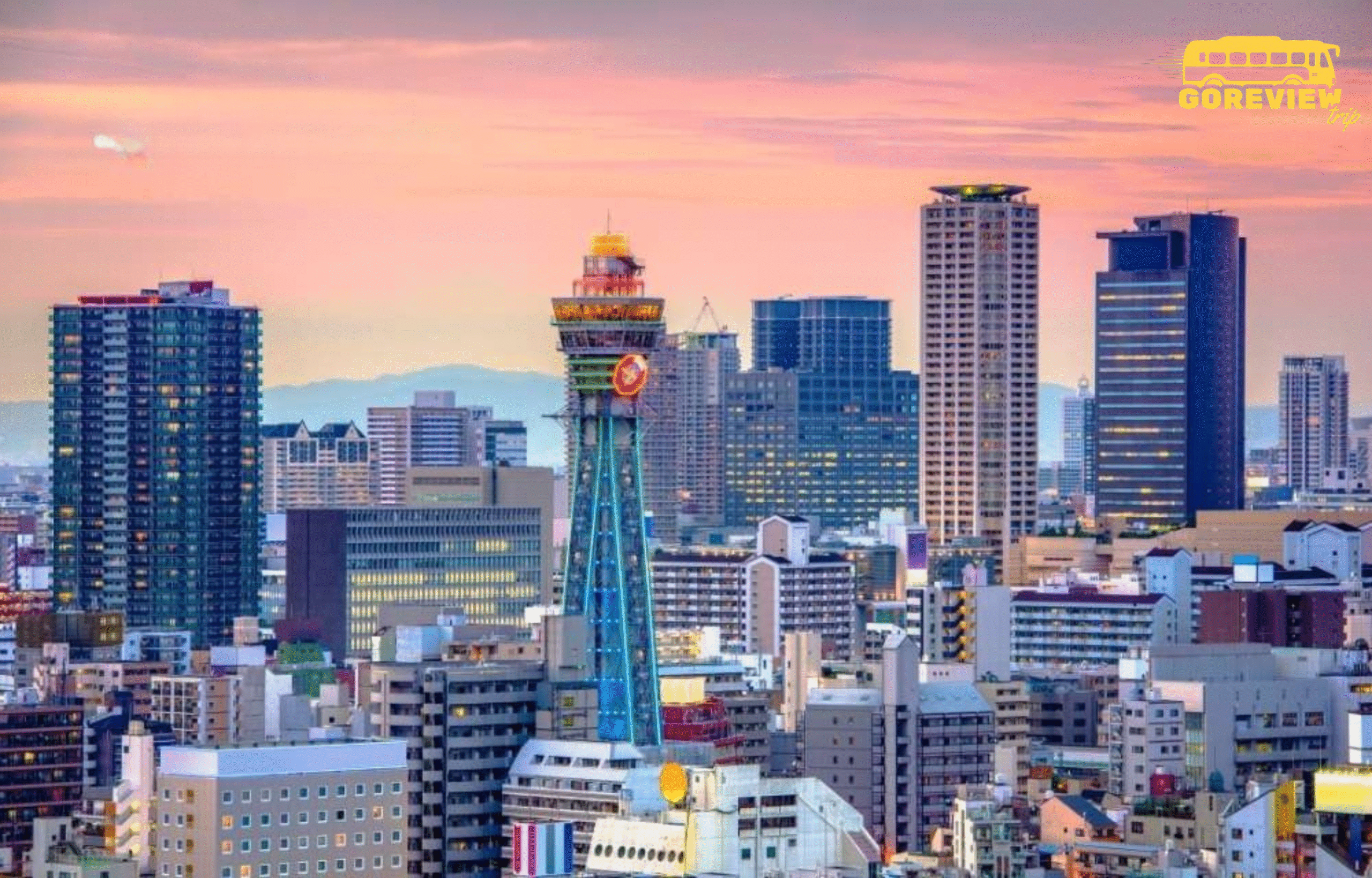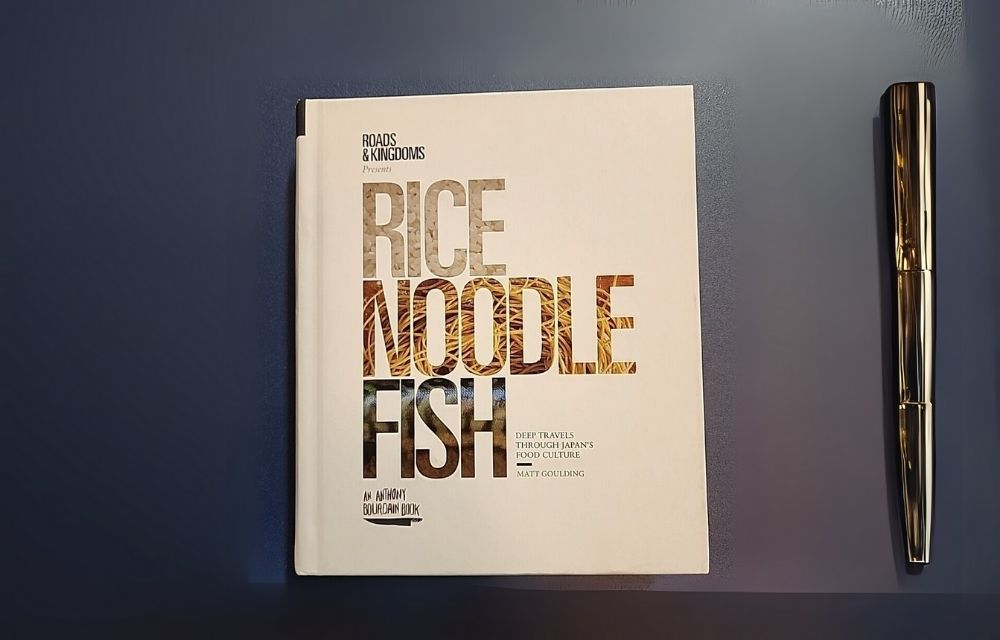The confirmation email glowed on Alex’s screen, a beacon of a dream about to be realized. “Your Flight to Tokyo is Booked.” For years, he’d imagined it: the electric pulse of Shibuya Crossing, the serene hush of a Kyoto bamboo forest, the soul-warming flavor of authentic ramen in a tiny, steamy shop. Japan wasn’t just a vacation; it was a pilgrimage to a place that had captivated his imagination since childhood.
He was already picturing the photos he’d take, the food he’d savor, the memories he’d forge. Then, a thought, cold and unwelcome, crept in from a forgotten corner of his mind. It was a memory from over a decade ago—a stupid, regrettable mistake made in his early twenties. A DUI.
The vibrant image of cherry blossoms in his mind was suddenly clouded by the sterile, gray walls of a courtroom. The dream felt like it was slipping through his fingers. A frantic search began, his fingers flying across the keyboard, typing the seven words that now held the weight of his entire trip: Can you travel to Japan with a DUI?
If you’re reading this, chances are you’re standing in Alex’s shoes. You have a dream trip to Japan on the horizon, but a ghost from your past is making you question everything. The internet is a confusing storm of forum posts, definitive “no’s,” and vague “maybe’s.”
Let me be clear: the answer isn’t a simple yes or no. But it is an answer you can find. This guide is designed to walk you through the complexities, cut through the noise, and give you the clear, honest information you need. We’ll follow Alex’s journey from panic to preparation, and in doing so, we’ll uncover the facts about Japanese immigration law, the critical importance of your sentence, and why honesty is your single most powerful tool.
Table of Contents
- 1 The Cold Sweat Moment: Why Japan’s Reputation is So Strict
- 2 The Crucial Question: Decoding Japan’s “One-Year Rule”
- 3 The Moment of Truth: The Visa Application and the Landing Card
- 4 Building Your Case for Entry: A Practical Checklist
- 5 So, Can You Travel to Japan with a DUI? The Final Verdict
- 6 From Apprehension to Arrival: Alex’s Story Concludes
- 7 Frequently Asked Questions (FAQ)
The Cold Sweat Moment: Why Japan’s Reputation is So Strict
Before we dive into the specifics of a DUI, it’s essential to understand the cultural and legal landscape you’re dealing with. Japan is a country renowned for its safety, social order, and incredibly low crime rate. This is a source of immense national pride, and it’s protected fiercely by a robust and exacting legal system.
When it comes to immigration, this philosophy translates into a very cautious approach. The gatekeepers of this system are the Japanese Immigration Services Agency, and their decisions are guided by a formidable piece of legislation: the Immigration Control and Refugee Recognition Act.
This isn’t just a set of guidelines; it’s the law that determines who can and cannot set foot on Japanese soil. Article 5 of this act outlines the categories of foreign nationals who will be denied permission to land. This “denial of landing” is what lies at the heart of your concern.
Unlike some Western countries where a past misdemeanor might be overlooked, Japan takes all criminal records seriously. They view a potential visitor’s past conduct as a possible indicator of their future behavior. For them, protecting their society is the number one priority. This is why a simple “it was a long time ago” argument often doesn’t hold much water on its own. You need to understand their rules and play by them.

The Crucial Question: Decoding Japan’s “One-Year Rule”
As Alex dug deeper, past the fear-mongering forum posts, he started to see a specific pattern emerge in the official explanations. It wasn’t just about having a criminal record; it was about the severity of the sentence. This brings us to the most critical piece of the puzzle for anyone with a DUI.
According to Japan’s Immigration Control Act, you will likely be denied entry if you:
“Have been convicted of a violation of any law or regulation of Japan, or of any other country, and have been sentenced to imprisonment with or without work for 1 year or more, or to an equivalent penalty.”
Let’s break this down.
The “One-Year Rule” is the Threshold: The magic number is one year. The law is primarily concerned with individuals who have committed offenses serious enough to warrant a prison sentence of 12 months or longer.
“Imprisonment with or without work”: This means jail or prison time.
“Or to an equivalent penalty”: This can be a gray area, but it generally refers to significant deprivations of liberty.
What about Suspended Sentences? This is a crucial point many people miss. In the eyes of Japanese immigration, a suspended sentence is still a sentence. If you were sentenced to one year of imprisonment, but the sentence was suspended, you have still technically been sentenced to one year. This means you fall into the category of individuals who can be denied entry.
Let’s apply this to Alex’s (and your) situation:
- Scenario A: The Misdemeanor DUI. Alex’s DUI, from over ten years ago, resulted in a hefty fine, a 6-month license suspension, and mandatory attendance at an alcohol awareness course. He was never sentenced to any jail time. In this scenario, his sentence does not meet the “one year or more” threshold. This is a very positive sign. While entry is never 100% guaranteed, he is not subject to a mandatory denial based on this specific rule.
- Scenario B: The Felony DUI. Imagine a different Alex, one whose DUI involved an accident and injury. He was convicted of a felony and sentenced to 18 months in prison, which was suspended pending five years of probation. This Alex would almost certainly be denied entry to Japan. The 18-month sentence, even though suspended, is over the one-year limit.
The Inflexible Rule: The Drug Offense Exception
It is absolutely vital to highlight one non-negotiable point: if your conviction, regardless of what it’s called, is related to the violation of any law concerning narcotics, marijuana, opium, stimulants, or psychotropic substances, you will be denied entry. The “one-year rule” does not apply here. Any drug-related conviction, even one that resulted in a tiny fine decades ago, is grounds for a definitive and permanent ban from entering Japan. For the purposes of this article, we are assuming your DUI is strictly alcohol-related.
So, the first step in your journey is to get your official court documents and look at the exact, literal wording of your sentence. This will be the single most important factor in determining your chances.

The Moment of Truth: The Visa Application and the Landing Card
Having determined his sentence didn’t meet the one-year threshold, Alex felt a wave of relief. But his journey wasn’t over. He now faced the practical application of this knowledge: the official paperwork.
Whether you’re from a visa-waiver country or need to apply for a visa in advance, you will be asked “the question”:
“Do you have any criminal record in Japan or in any other country?”
On the visa application and the Disembarkation Card you fill out on the plane, this question will be waiting for you. A simple “Yes” or “No” checkbox.
This is where your character is tested. The temptation to check “No” is immense. You might think, “It was a minor DUI, it was so long ago, how would they ever know?” This is a dangerous and misguided line of thinking.
Lying on an official immigration document is a serious offense in Japan.
Here’s what could happen if you check “No” and your record is discovered:
- Immediate Denial and Deportation: You will be put on the next flight back home at your own expense. Your dream trip will end before it even begins, in the stark environment of an airport detention room.
- Permanent Ban: A finding of fraudulent entry can lead to a 5-year, 10-year, or even a permanent ban on re-entering Japan. You would be sacrificing any future possibility of visiting for the sake of a short-term gamble.
- How Can They Find Out? While Japan may not have automatic access to every country’s criminal database, they have sophisticated information-sharing agreements with many nations (including the U.S., UK, Canada, Australia, etc.). Furthermore, random checks and advanced biometrics (fingerprinting at the airport) can flag inconsistencies. It is simply not worth the risk.
Honesty is your only strategy.
By checking “Yes,” you are not automatically disqualified. You are opening a dialogue. You are showing respect for Japan’s laws and sovereignty. It allows an immigration officer to review your case on its merits rather than catching you in a lie.
Building Your Case for Entry: A Practical Checklist
Alex knew what he had to do. He checked “Yes.” Now, he had to prepare to explain himself. This meant being proactive, organized, and respectful. If you find yourself in this situation, this is your roadmap.
1. Consult the Official Source. Your first step should be to contact the Embassy of Japan or the Japanese Consulate in your country. Do not rely solely on blogs (even this one!) or forums. Explain your situation clearly and concisely and ask for their guidance. They are the ultimate authority.
2. Gather Your Documents. You need to create a clear, documented history of the event. Don’t just say what happened; prove it.
- Official Court Records: Obtain a certified copy of the judgment or court disposition. This document should clearly state the charge, the plea, and the final sentence.
- Proof of Completed Sentence: Get documentation showing you have paid all fines, completed any required courses, and fulfilled all terms of your probation or sentence. This demonstrates responsibility and closure.
3. Write a Statement of Remorse and Explanation. This is perhaps the most human part of the process. In Japanese, there is a concept of a gakki (楽器) or a statement of explanation/remorse. You should type a formal, polite letter that includes:
- A Clear Explanation: Briefly and factually describe the circumstances of your DUI. Do not make excuses.
- An Expression of Remorse: Acknowledge the gravity of your mistake. State clearly that you regret your actions and understand the potential danger you created.
- Evidence of Rehabilitation: Explain what you have learned from the experience and how you have changed as a person. Mention your stable job, family, or community involvement.
- Your Reason for Visiting Japan: Express your sincere desire to experience Japanese culture as a respectful tourist. Explain why the trip is important to you.
4. Be Prepared for Questions. When you arrive at immigration in Japan, the officer who processes your landing card may see your “Yes” check and pull you aside for secondary questioning. This is normal.
- Have all your documents in a neat folder, ready to present.
- Remain calm, polite, and respectful at all times.
- Answer all questions honestly and directly. Do not offer more information than is asked.
By taking these steps, you are transforming yourself from a potential risk into a responsible individual who made a past mistake, has taken full accountability for it, and is now respectfully asking for permission to visit their country.
So, Can You Travel to Japan with a DUI? The Final Verdict
We return to our core question. The most accurate answer is: It is possible, but it is not guaranteed, and it depends heavily on your specific circumstances.
- If you have a DUI with a sentence of one year of imprisonment or more (including suspended sentences), your chances are extremely low.
- If you have a drug-related conviction of any kind, you will almost certainly be denied entry.
- If you have a single, older, alcohol-only DUI with a sentence of less than one year of imprisonment (e.g., fines, probation, short jail term), and you are completely honest and prepared, you have a reasonable chance of being granted entry.
The final decision always rests with the individual immigration officer at the port of entry. They have the ultimate discretion to assess you as a person and decide if you should be allowed to enter. Your preparation, honesty, and respectful demeanor can significantly influence this decision.
From Apprehension to Arrival: Alex’s Story Concludes
Alex boarded his flight to Narita with a folder of documents in his carry-on and a heart full of nervous anticipation. At immigration, the officer noted his “Yes” and politely asked him to step aside. Alex, calm and prepared, presented his documents and the letter he had written. The supervising officer reviewed them, asked a few simple questions about the date of the incident and the purpose of his trip, and looked at him for a long moment.
Then, with a crisp stamp in his passport, the officer nodded and said, “Welcome to Japan.”
The wave of relief was immense, replaced by the pure, unadulterated joy of his dream finally, truly beginning. The ghost of the past hadn’t vanished, but it had been faced, managed, and overcome with honesty and responsibility. As he stepped out into the arrivals hall, the sights and sounds of Japan washed over him, more vibrant and precious than he had ever imagined.
Your story doesn’t have to end in disappointment. Face the issue head-on, be honest, be prepared, and you may find that the path to Japan is still open for you.
Frequently Asked Questions (FAQ)
Does it matter how long ago my DUI was?
While time can help demonstrate a long period of good behavior, Japanese law does not have a “statute of limitations” for criminal records for entry purposes. A 20-year-old conviction is treated the same as a 2-year-old conviction under the letter of the law. The sentence is the most critical factor.
Is a misdemeanor DUI considered a “criminal record” in Japan?
Yes. The question on the immigration forms is “Do you have any criminal record?” In most jurisdictions, a standard DUI is classified as a misdemeanor, which is a type of criminal record. You must declare it.
What’s the difference between an expunged record and a sealed record?
This is a complex legal area. Japan may not recognize the concept of expungement in the same way your home country does. The safest course of action is to assume they can see it and declare it. Hiding a supposedly “expunged” record that is later discovered can be treated as deception.
Should I hire an immigration lawyer?
For a simple tourist visit with a minor, decades-old DUI, it may be overkill. However, if your case is complex, involves multiple offenses, or you are applying for a long-term visa (work, study, etc.), consulting with an immigration lawyer specializing in Japanese law is highly recommended.
Hey, it’s Lyra here! Thanks for reading. I know that wading through all this legal information can feel a bit heavy, but I’m a firm believer that a past mistake shouldn’t have to cancel a future dream.
My take on it all? Honesty is always your best policy. It shows respect, and it’s the clearest path forward. I’m truly hoping you do everything right and get to experience the incredible magic of Japan for yourself.
Wishing you the best of luck and safe travels!





